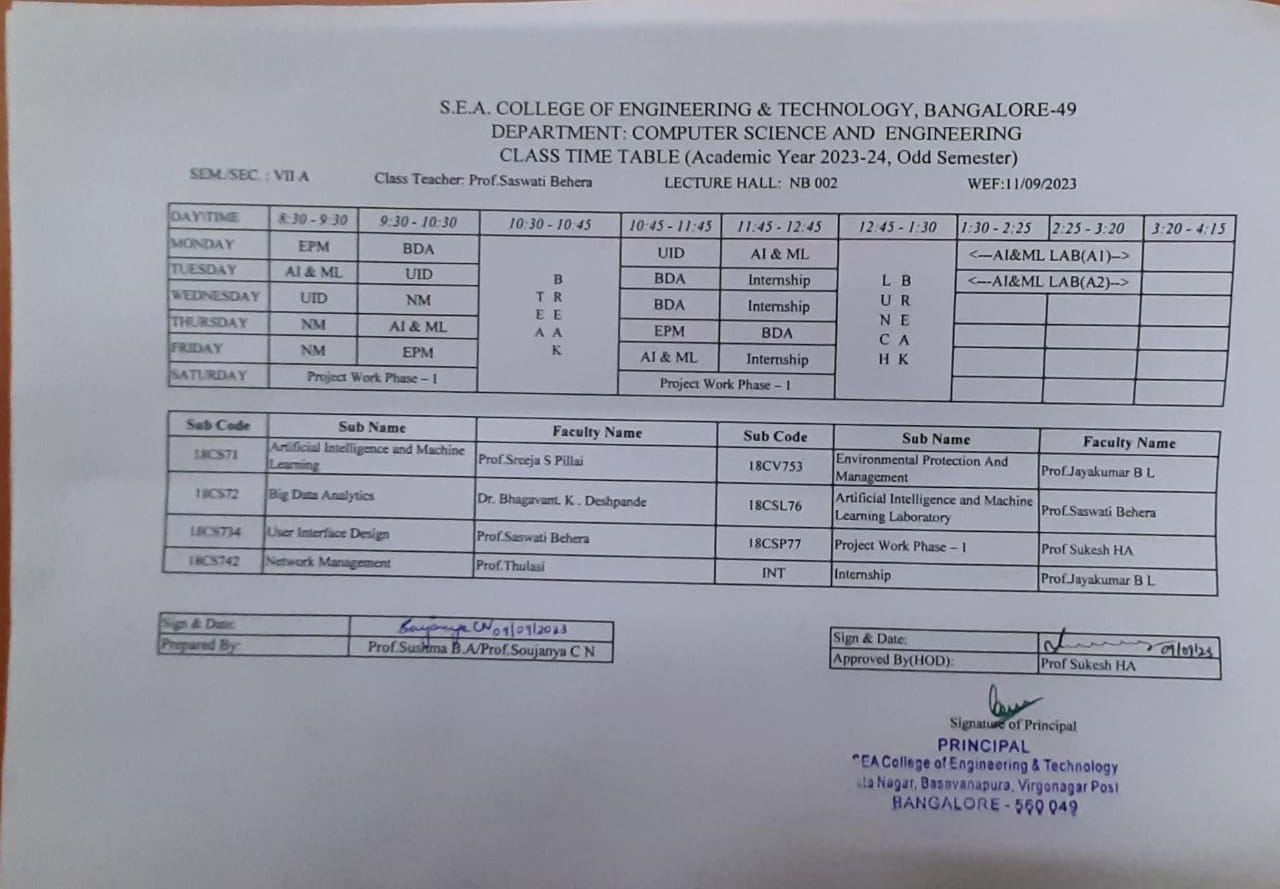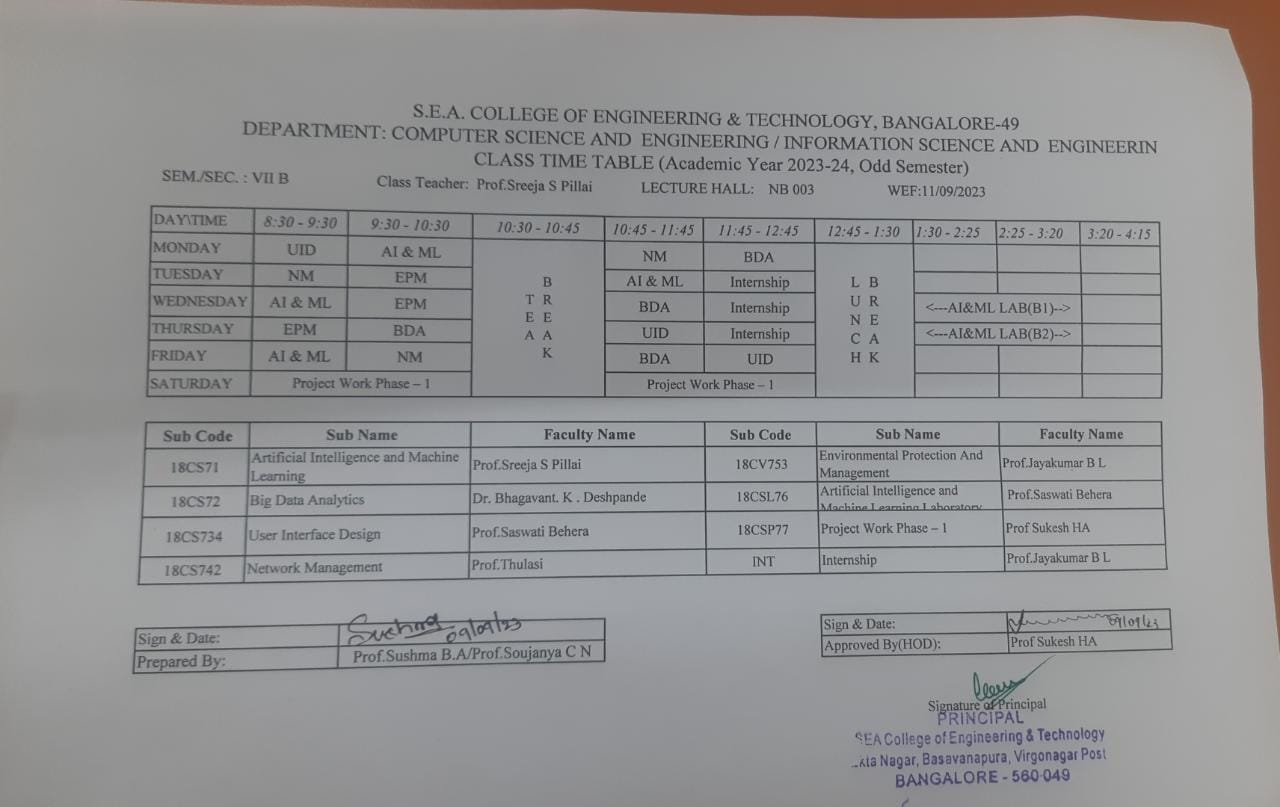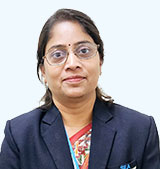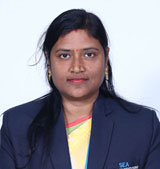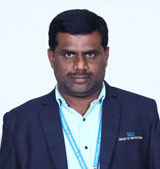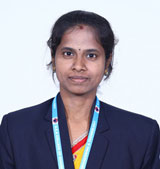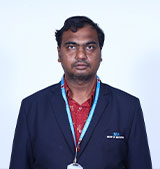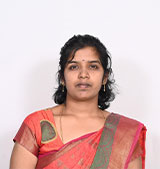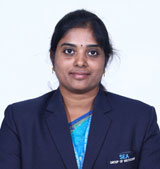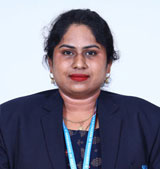Programme Outcomes (POs):
Engineering knowledge: Use your understanding of physics, math, engineering basics, and your chosen engineering specialty to solve challenging engineering challenges.
Problem analysis: Using the fundamental concepts of mathematics, the natural sciences, and engineering sciences, identify, formulate, investigate literature, and analyse difficult engineering problems in order to achieve backed-up conclusions.
Designing/developing solutions: Designing/developing system components or processes that match the defined needs while taking into account factors including public health and safety, cultural, socioeconomic, and environmental aspects as well as complicated engineering problems.
Carry out investigations into complicated issues: To come to reliable findings, use research-based knowledge and research techniques, such as experiment design, data analysis and interpretation, and information synthesis.
Use of modern tools: Develop, pick, and apply appropriate methods, resources, and modern engineering and IT technologies, such as modelling and prediction, to complex engineering tasks while being aware of their limitations.
The engineer and society: Use reasoning that is guided by contextual information to evaluate societal, health, safety, legal, and cultural issues as well as the resulting obligations pertinent to the professional practise of engineering.
Environment and sustainability: Understand how professional engineering solutions will affect society and the environment, and show that you are aware of the importance of sustainable development.
Ethics: Adhere to professional ethics, obligations, and standards of engineering practice. Apply ethical concepts.
Individual and team work: Work well both individually and as a member or leader in teams made up of people from different disciplines.
Communication: Be able to effectively communicate with the engineering community and society at large about complicated engineering operations. Examples of this include being able to understand and write effective reports and design documentation, deliver effective presentations, and give and receive clear directions.
Project management and finance: Exhibit knowledge of, and a grasp of, engineering and management principles and apply them to one's own work, as a team member and leader, to manage projects, and in interdisciplinary settings.
Lifelong learning: Understand the importance of, and be prepared for, independent lifelong learning in the fullest sense of technological development.
Programme Educational Objectives (PEOs):
PEO 1:
Gain expertise as computer scientists with the capacity to address a variety of computational issues in business, government, or other job settings.
PEO 2:
Develop the capacity to work across disciplines with a high emphasis on innovation and entrepreneurship, digest new information, and adapt fast to changing surroundings and technology.
PEO 3:
They are able to work together as team members and team leaders to facilitate cutting-edge technical solutions for computing systems, improving functionality.
PEO 4:
Programmed graduates will have successful professional careers and impart extensive knowledge in the humanities and basic sciences as well as fundamental engineering ideas for understanding in the real world.
Programme Specific Objectives (PSOs):
PSO 1:
Programming: Graduates in computer science and engineering can use their programming skills to analyze, plan, develop, test, and apply management ideas and mathematical foundations.
PSO 2:
Development of computational solutions, making them experts in building computer software and hardware, and utilizing knowledge in multiple fields to discover research gaps and, as a result, supply solutions to novel concepts and inventions
PSO 3:
Acquire knowledge to solve actual social issues hone their problem-solving abilities across a wide range of programming concepts, evaluate ethically environmental and social concerns, oversee various projects in cross-disciplinary sectors, and pursue lifelong professional development in computing.


